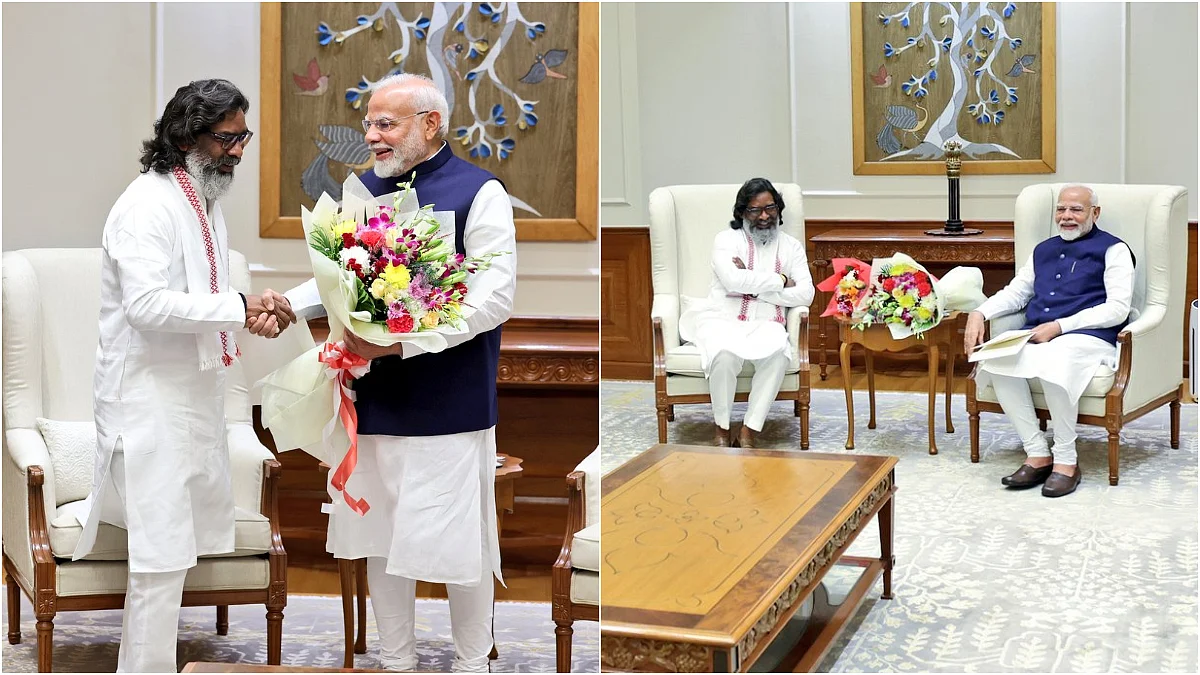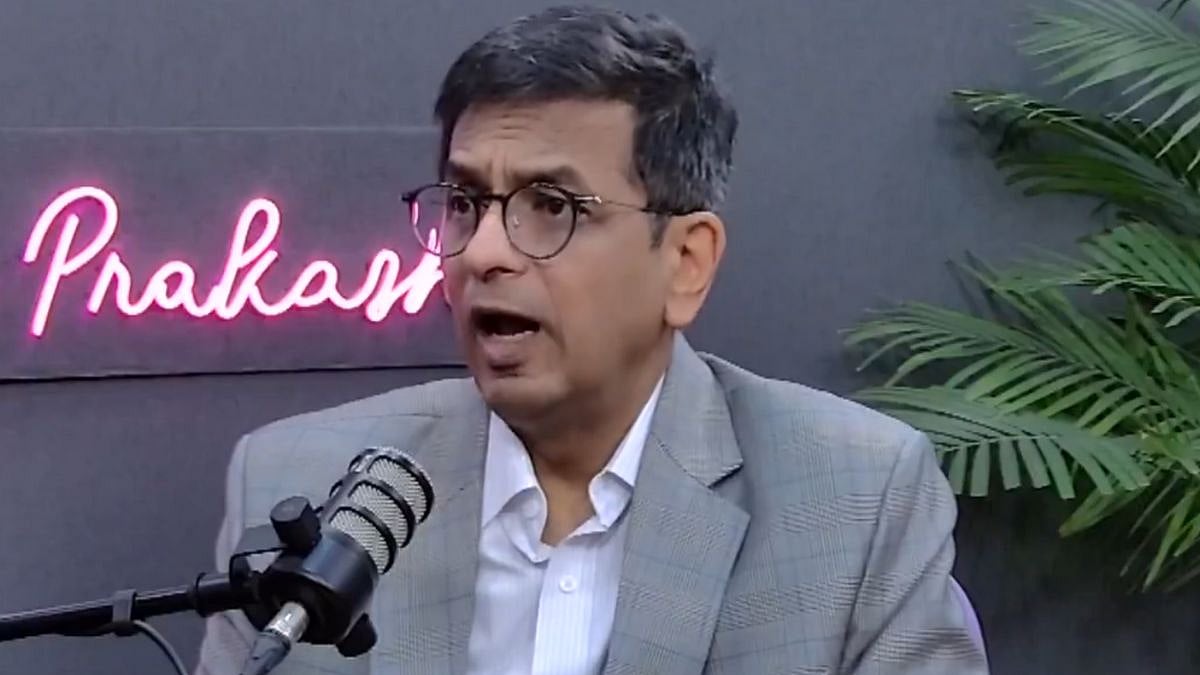The city is ushering in Gudi Padwa, the Marathi New Year, today. The festival is celebrated on the first day of the month of Chaitra.
The name of the festival is derived from the words ‘gudi’ which means a flag carrying the emblem of Lord Brahma, and ‘padwa’ which refers to the first day of the phase of the moon. The day is marked with gudis which consists of a coloured cloth draped over a wooden staff, decorated with garlands of candy wafers called gathis or battashas, and topped with an upturned pot made of metal, mostly copper or silver.
The day also has mythological significance. It is believed that Lord Brahma created the universe on the day and divided time into days, months, and years. There are stories from ancient history that are associated with the festival. This is the day when residents of Paithan, then called Pratishthana, hoisted flags to welcome their king Shalivahana after he marched into the city after his victory in a battle against Vikramaditya in 78 AD. To mark the victory, the king announced the beginning of a new calendar called the Shalivahana Shakha.
The festival is not centered on a deity, but is celebrated as the Hindu New Year, said Parag Limaye of Janseva Samiti, a cultural group from Vile Parle. “The gudi, which is raised in every house, is erected to welcome the New Year,” Limaye added.
Among the traditions associated with the festival, apart from the colourful gudis, are ritual baths, a bitter-sweet prasad made with neem and jaggery, and special foods like puran polis. The day is also filled with cultural events, with many predominantly Maharashtrian localities like Girgaum, Vile Parle, and Dadar organising processions called ‘Nav Varsha Swagat Yatras’ or ‘Shobha Yatras’. The processions feature participants dressed in Maharashtrian attire and traditional music. Many cultural groups began their celebrations during the weekend.
In Vile Parle, five such yatras will course down Hanuman Road and culminate at the Parleshwar temple. Milind Karmarkar of Janseva Samiti said that group has been celebrating the festival every year for the last two decades, except during the covid epidemic. This year, a retinue of sportspersons, including Malkhamb expert Ganesh Devrukhkar, who has been given the Dronacharya Award, and women’s fencing teams, will take part in the yatras. The Ram Temple in Ayodhya will also be a theme for the festival. In Thane, the Kaupineshwar Sanskruti Nyas is organising a series of cultural events, including rangoli, dance, theatre, and a photo exhibition.









